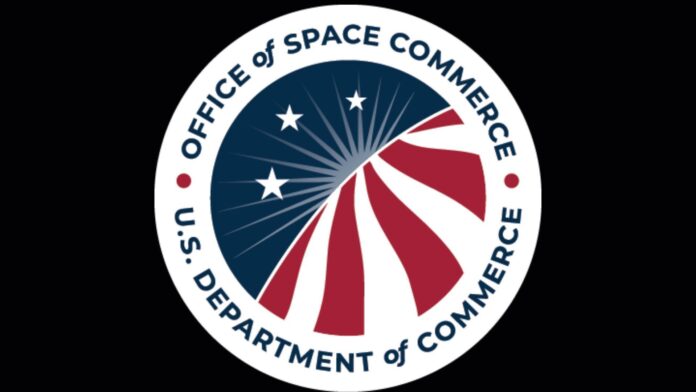The rapid expansion of space commerce, now estimated at $613 billion globally and rapidly growing, presents exciting opportunities alongside complex regulatory challenges. The U.S. Office of Space Commerce (OSC), a relatively small agency within NOAA, was established in the 1980s to navigate this evolving landscape. However, recent political shifts and budget cuts threaten OSC’s very existence and ability to effectively guide this burgeoning industry.
Balancing Growth and Regulation:
The OSC plays a crucial role in ensuring responsible development of space-based businesses. Its core responsibilities include:
-
Licensing Earth Observation Data:
Companies increasingly launch satellites to collect images of our planet, providing valuable data for applications ranging from agriculture to environmental monitoring. The OSC licenses and monitors these activities, striking a balance between fostering innovation and protecting sensitive information. -
Streamlining Regulatory Processes: Space commerce intersects with various government agencies, each with its own regulations concerning launches, radio frequency usage, and environmental impacts. The OSC acts as a liaison, coordinating policies and simplifying the regulatory maze for private companies seeking to operate in space.
- Preventing Space Traffic Congestion: As thousands of satellites orbit Earth, the risk of collisions rises. The OSC is tasked with developing TraCSS (Traffic Coordination System), a system designed to prevent these dangerous encounters. However, this ambitious project has faced delays and technical hurdles.
Elevating OSC: A Brief Glimpse of Progress?
In a bid to solidify its position in the commercial space sector, President Trump’s August 2025 executive order sought to elevate OSC to report directly to the Secretary of Commerce, mirroring the status of NOAA. This move aimed to boost the agency’s prominence and influence within the Department of Commerce. Although seemingly a positive step, this elevation remains unclear due to ongoing political uncertainty surrounding the agency’s future.
Budgetary Battles Threaten OSC’s Future:
Despite efforts to elevate its standing, OSC faces an alarming financial reality. The Department of Government Efficiency proposed significant staff cuts in February 2025, targeting eight positions within OSC – a 30% reduction given the reliance on contractors. Adding to this pressure, President Trump’s budget request for fiscal year 2026 recommended slashing OSC’s annual budget by 85%.
These proposals were met with strong opposition from space industry leaders who urged Congress to preserve funding for OSC. Nevertheless, in a late September maneuver, the Department of Commerce requested a 40% rescission (clawback) of OSC’s already approved fiscal year 2025 budget. With the deadline for Congressional action looming, this rescission was enacted without intervention, jeopardizing crucial personnel and program funding.
Uncertain Orbit:
The future of OSC remains shrouded in uncertainty. Will it receive the long-promised elevation within the Department of Commerce? Can it withstand further budgetary attacks and maintain its essential functions amidst mounting financial pressure? The answers to these questions have profound implications for the direction of U.S. commercial space activity.
